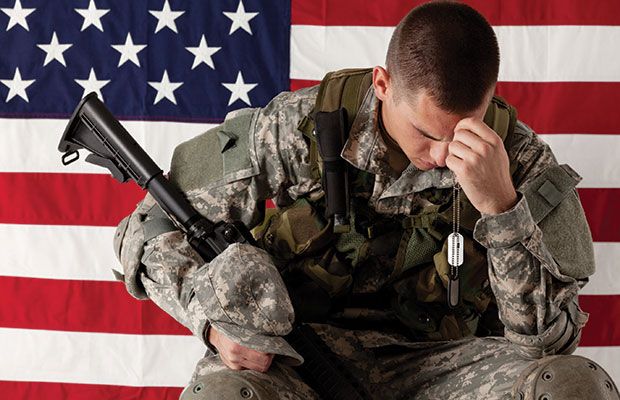Table of Contents
Key Takeaways:
- Recognizing the nuanced challenges veterans face when dealing with PTSD.
- Legal rights and resources are crucial for veterans’ access to appropriate support.
- The irreplaceable role of support systems in managing PTSD effectively.
- Actionable advice for veterans who are beginning the assistance-seeking process.
Addressing the Struggle: PTSD Among Veterans
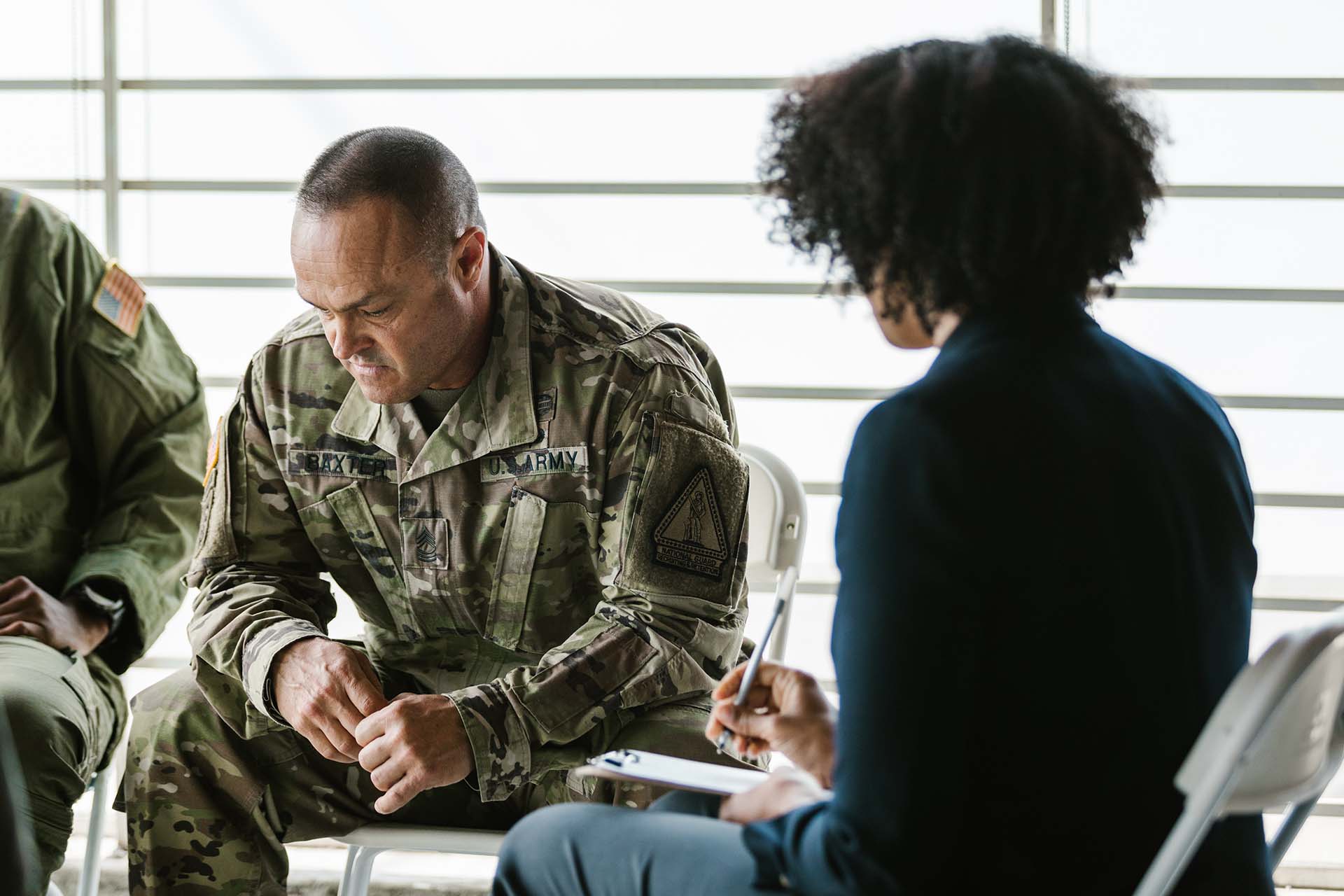
Upon returning home, many veterans carry unseen wounds that manifest as post-traumatic stress disorder (PTSD). This disorder can profoundly affect their social interactions, employability, and day-to-day functioning. Symptoms are varied and can include flashbacks to traumatic events, difficulty sleeping, intense feelings of distress, and hypervigilance. Despite these challenges, veterans have a network of support available, ranging from medical and psychological care to legal advocacy. The latter can be particularly empowering as knowledgeable VA disability lawyers assist in navigating the often-complex terrain of benefits and rights associated with service-related mental health conditions.
PTSD’s impact on veterans is broader than many realize, extending into nearly every facet of life. Statistically, up to one-fifth of veterans who served in recent conflicts are estimated to experience PTSD in a given year. With such a significant portion of our bravest citizens facing this challenge, as reported by the National Center for PTSD, it is a societal imperative to understand and support those afflicted with this form of emotional and psychological injury.
Legal Protections and Advocacy for Veteran Rights
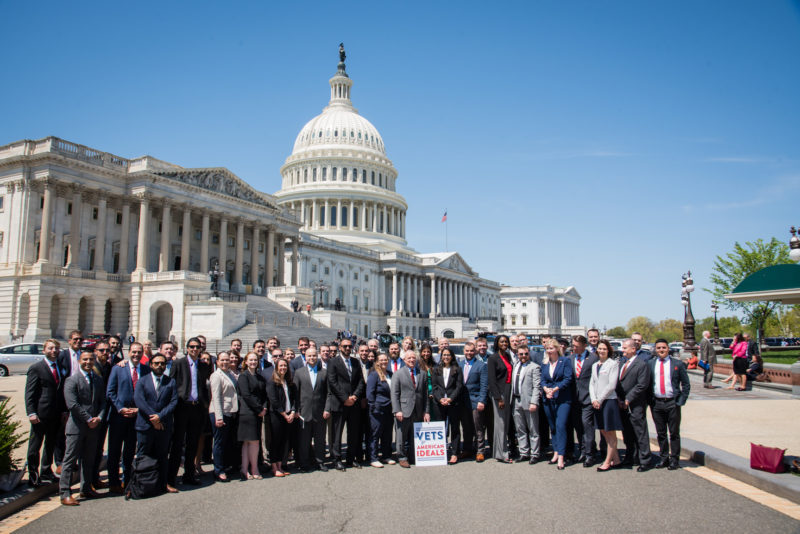
Veterans transitioning back into civilian society are not without legal shields. The United States recognizes the need to protect those who have donned the nation’s uniform from various injustices that could arise from the aftereffects of their service. This protective umbrella encompasses laws specifically designed to support veterans with PTSD, whether in employment, education, or healthcare settings. Legal advocates and attorneys play a vital, proactive role in ensuring that veterans’ rights are upheld and that the avenues to remedy are clear and accessible. They give veterans the dignity they deserve, particularly when receiving the compensation and medical attention their conditions warrant.
Navigating Healthcare Options for PTSD Management
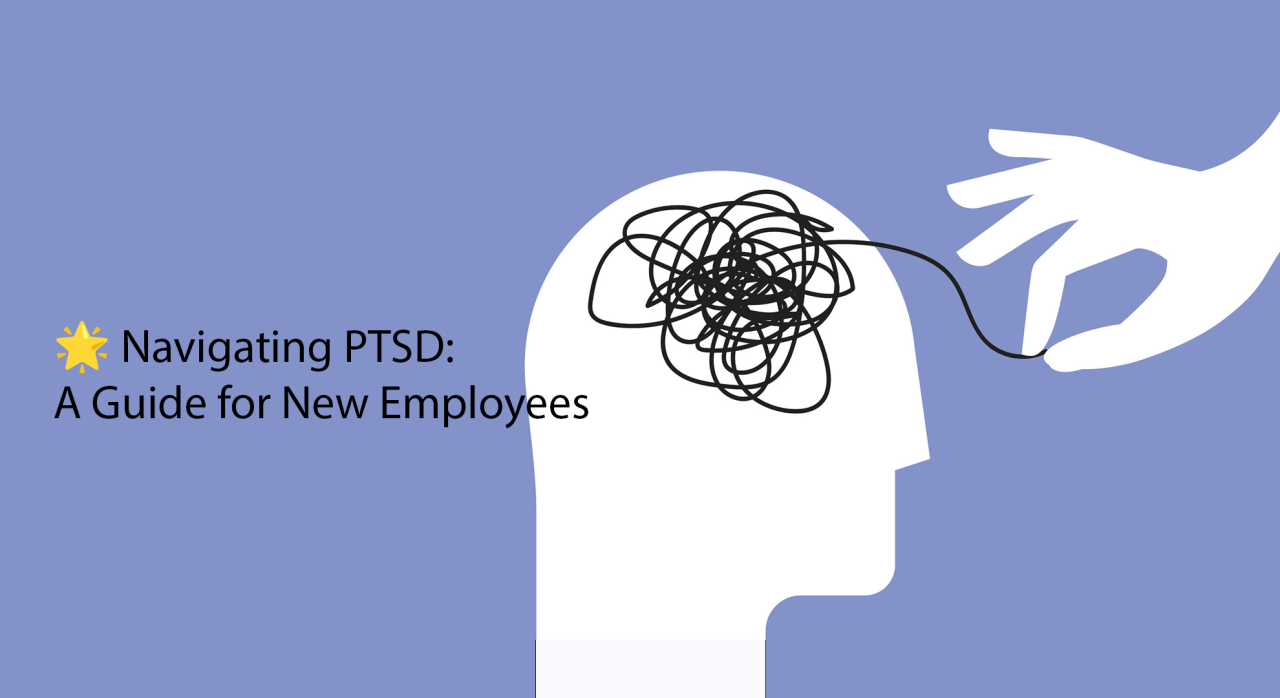
One of the most critical aspects of dealing with PTSD is gaining access to the correct type of healthcare. In the US, the Department of Veterans Affairs stands as the primary bastion for veteran health, including specialized PTSD programs. The VA healthcare system works to provide veterans with comprehensive treatment tailored to their individual needs, utilizing both well-established and innovative evidence-based therapy techniques. Beyond the VA, private healthcare practitioners and clinics can provide supplementary or alternative options, offering a full spectrum of support that can be customized based on a veteran’s unique situation and preferences.
Understanding VA Benefits and Disability Compensation
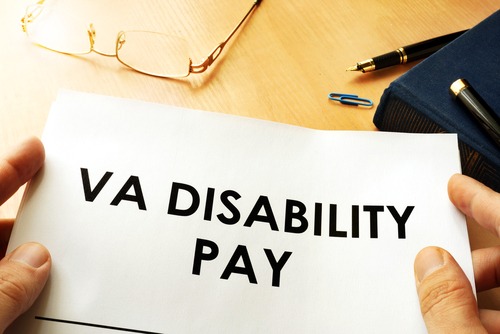
The path to comprehending and accessing VA benefits is often steeped in procedural requirements. It is essential for veterans seeking disability compensation for PTSD to approach the system with a prepared mindset. The process of applying entails detailed evidence of PTSD and its service connection, a conscientious evaluation of the extent of the disability, and, often, rounds of documentation. These steps underscore the importance of having solid legal advice and assistance, which can result in a more navigable and less burdensome endeavor.
The Role of Support Groups in PTSD Recovery
One of the most heartening resources for managing PTSD is the support groups composed of fellow veterans. Individuals build a tight-knit community in these groups based on mutual experiences and understanding. Sharing stories, strategies, and setbacks within a judgment-free zone fosters a sense of solidarity. These gatherings can become a cornerstone of healing, offering an environment where understanding is assured and the encouragement is genuine. For those veterans who may feel isolated or misunderstood in their struggle with PTSD, finding such a group can mean the difference between desolation and renewed hope.
Family Impact: Supporting a Veteran with PTSD
While the veteran is the one diagnosed with PTSD, the ripple effects of the disorder touch each family member. Spouses, children, and extended family can all feel the impact, often leading to a genuine desire to support, but not always knowing how. Encouraging families to participate in therapy, providing education about PTSD, and equipping them with coping strategies are critical ways to foster a supportive home environment. With compassion and knowledge, families can help create a stable and understanding space conducive to their loved one’s recovery journey.
Advancements in PTSD Treatment and Therapy
The landscape of PTSD treatment is continually evolving, promising advancements for veterans facing the disorder. Innovative therapies and approaches, including CBT, EMDR, and mindfulness practices, are expanding the toolkit available for managing symptoms. Significant investments in research are translating into more personalized and effective treatment methodologies, giving veterans and their care providers a more comprehensive array of choices to tackle PTSD’s distinct challenges head-on.
Practical Steps for Veterans Seeking Help
While recognizing the need for help is pivotal, it is only the initial step in the recovery process. Veterans can begin their assistance journey by contacting healthcare providers, legal advisors, and veterans’ support organizations. Further, engaging in proactive education about PTSD through invaluable online resources, including the thorough information provided by the American Psychological Association, can empower veterans with the knowledge and direct them toward holistic support systems.
Pressing ahead, the array of support systems and legal rights, coupled with the stalwart sense of camaraderie within the veteran community, illuminate a path of hope and reconstruction. As veterans contend with PTSD, they are assured that they do not face the struggle alone—their bravery and service are mirrored in the unwavering support and respect from a grateful nation.
For More Information Please Visit These Websites Viprow And Vecteezy

